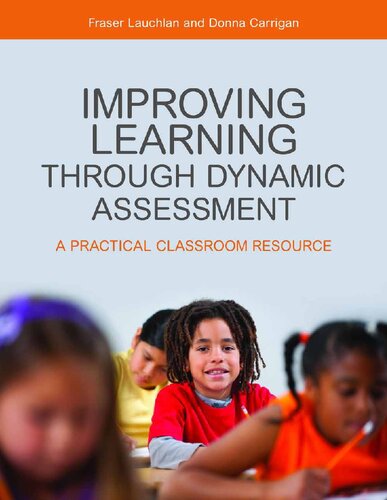

Most ebook files are in PDF format, so you can easily read them using various software such as Foxit Reader or directly on the Google Chrome browser.
Some ebook files are released by publishers in other formats such as .awz, .mobi, .epub, .fb2, etc. You may need to install specific software to read these formats on mobile/PC, such as Calibre.
Please read the tutorial at this link: https://ebookbell.com/faq
We offer FREE conversion to the popular formats you request; however, this may take some time. Therefore, right after payment, please email us, and we will try to provide the service as quickly as possible.
For some exceptional file formats or broken links (if any), please refrain from opening any disputes. Instead, email us first, and we will try to assist within a maximum of 6 hours.
EbookBell Team

4.8
24 reviewsEmotional difficulties in children aged 5-11 can display themselves in a range of different behaviours, and it is important for staff in schools to be able to identify and address these problems, and to provide appropriate help.
This easy-to-use tool provides an observation checklist which enables staff to identify behavioural patterns in children with social and emotional difficulties, analyse the emotional difficulties underlying these behaviours and establish what kind of help and support the children need. Behavioural responses are categorised within clearly outlined topics, including behaviour, play and relationship with peers, attachment behaviours, emotional state in the classroom and attitude to attendance. Checklists and diagrams identify different 'styles' of relating (secure, avoidant, ambivalent), to help school staff who work with children and their families to respond appropriately to the individual needs of each child. A range of handouts include activities designed to provide emotional support, to focus and regulate behaviour and enable the child to develop important social and emotional skills.
Suitable for use with children aged 5-11, this tool will be an invaluable resource for teachers, teaching assistants, learning support staff, school counsellors and educational psychologists.